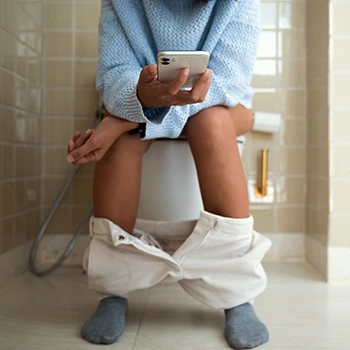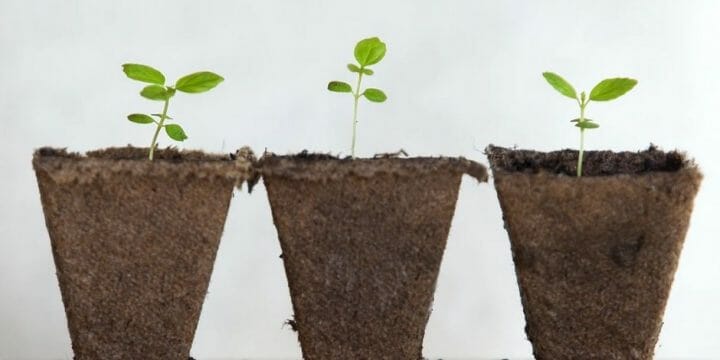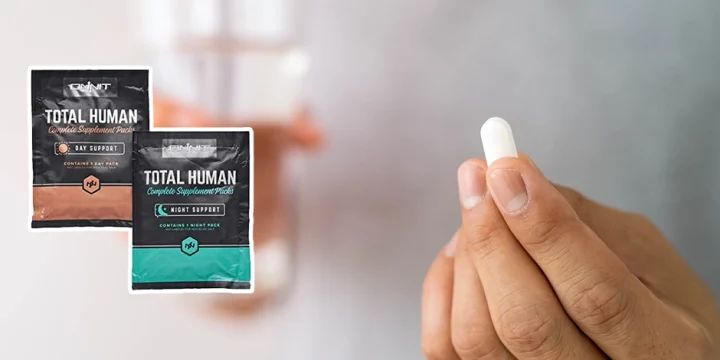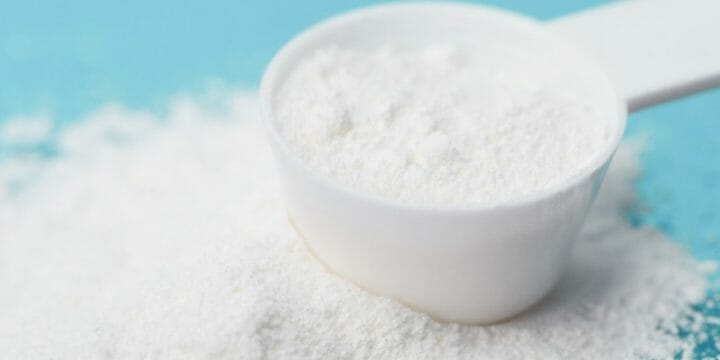When you embark on a weight loss journey, you’re likely to make significant dietary and exercise changes like decreased calorie intake and increased exercise, which may affect your urination.
As a medical doctor, this intrigued me, which led to deeper 25-hour research and consultations with nutritionists to understand the phenomenon.
Read on if you would also like to find out why you are peeing more when you burn fat.
Quick Summary
- You pee more when losing weight due to the water released during the fat breakdown process.
- Lifestyle changes such as diet modifications, increased water intake, and certain weight loss products can lead to more frequent urination.
- In one of the studies, the participants who had body mass index (BMI) above 30 kg/m2 had a significantly higher odds ratio for the need to get up at night to urinate (odds ratio, 1.39; 95% CI, 1.28–1.50) than those without obesity.
- Based on my experience, it's important to monitor changes in urination patterns during weight loss, as they can be indicators of both progress and potential health issues.
Does Fat Burning Make You Pee More?

During my patients' weight loss journey, I noticed an uptick in their trips to the restroom. As our body breaks down fat cells for energy, it releases water as a byproduct, which we then eliminate through urination or sweating [1].
Boosting fat metabolism involves reducing food intake, creating a calorie deficit that makes the body use fat stores for energy [2].
According to the study found on the National Center for Biotechnology Information website, the body uses glycogen stores, then shifts to burning fat, increasing water content, and urination [3].
From my experience as a medical doctor, I know that men, due to their typically higher lean muscle mass, often experience a quicker initial weight loss. This accelerated fat loss can be attributed to their muscle composition and metabolic rates. According to another study found on the PubMed website, rapid fat loss can lead to initially increased urination [4].
"When your body uses fat as energy, the byproducts of this process are excreted through the body in several ways, including through urine."
-Rachael Link, MS, RD
Women, having more fat mass, burn fat over a longer period, leading to prolonged increased urination [5]. As a medical doctor, I've observed these gender-related differences in fat loss and urination.
3 Reasons You May Pee More While Losing Weight

Aside from when your body burns fat, lifestyle changes can affect how much you urinate.
1. Diet Changes
Eating healthier foods like increasing your fruits and vegetables can increase urination because they contain more water than other foods [6].
Some examples of fruits and vegetables that will give you more water in your diet include:
- Watermelon
- Strawberries
- Mango
- Raspberries
- Watercress
- Lettuce
- Tomatoes,
- Mushrooms
- Celery
- Carrots
- cabbage
- Cucumber
Eating these foods and drinking water throughout the day will lower your risk of dehydration.
Remember, you may have to adjust your fluid intake with the increased sweating and urination that comes with more exercise and fat burning.
2. Increased Water Intake

One of the significant changes people make when they adopt a healthy lifestyle to lose weight is increasing their water intake.
Water is an essential tool for any weight loss program because it can make you feel fuller, prompting you to eat fewer calories [7]. However, as you increase your water intake, it's crucial to be aware of the balance of electrolytes in your body.
Include electrolyte-rich foods or supplements if you're drinking more water. Swapping sugary drinks for water cuts calories and boosts hydration.
Hydration is key for health, enhancing metabolism and calorie burning. Your liquid needs vary with diet, activity, and climate.
The amount of liquid your body needs depends on several factors, including diet, activity level, and even climate.
Check your urine color to monitor hydration. Ideal is pale straw to transparent yellow, indicating hydration. Dark yellow or amber might mean dehydration. Note that foods, medications, and medical conditions can alter urine color.
Always stay informed and consult with a healthcare professional if you notice persistent changes in your urine color [8].
When you are dehydrated, your metabolism slows, decreasing calories burned, making maintaining a calorie deficit challenging and increasing the chance of weight gain [9]. Dark yellow or amber urine is one sign of dehydration [10].
3. Weight Loss Products
Supplementing with the following fat burners is a great weapon to obliterate fat and lose body weight.
During my exploration of various weight loss supplements, I found that certain natural ingredients, such as dandelion, ginger, and juniper, can act as diuretics. So, if you're consuming products with these ingredients, be prepared for more frequent restroom visits.
Combining this with increased fluid intake and exercise may result in more trips to the restroom [11].
Unexplained Weight Loss
Suppose you are not trying to lose weight and have dropped pounds or are experiencing more frequent urination.
In that case, it is essential to speak to your doctor as these could be a sign of more serious health conditions like diabetes, prostatitis, or kidney problems [12].
FAQs
Does Fat Come Out In Urine?
Byproducts of fat that come out in urine are called ketones, which are acids that build up in the blood and leave the body through urine. Ketones, in small amounts, are a good indicator of fat burning is taking place.
What Color Is Your Pee When You Are Losing Weight?
Your pee is bright yellow in color when you are losing weight, and it is a sign of ketones in the urine, which are the byproducts of burning body fat.
References:
- https://www.livestrong.com/article/308167-weight-loss-and-urination/
- https://www.healthline.com/nutrition/where-does-fat-go-when-you-lose-weight
- https://www.ncbi.nlm.nih.gov/pmc/articles/PMC3925973/
- https://www.webmd.com/diet/features/do-men-lose-weight-faster-than-women
- https://www.ncbi.nlm.nih.gov/pmc/articles/PMC3411490/
- https://www.webmd.com/diet/foods-high-in-water
- https://www.ncbi.nlm.nih.gov/pmc/articles/PMC4901052/
- https://health.clevelandclinic.org/what-urine-color-means/
- https://www.livestrong.com/article/422596-can-dehydration-cause-belly-fat/
- https://www.healthline.com/health/hydration-chart
- https://www.mayoclinic.org/healthy-lifestyle/weight-loss/expert-answers/water-retention/faq-20058063
- https://www.mayoclinic.org/symptoms/frequent-urination/basics/causes/sym-20050712
About The Author
You May Also Like






